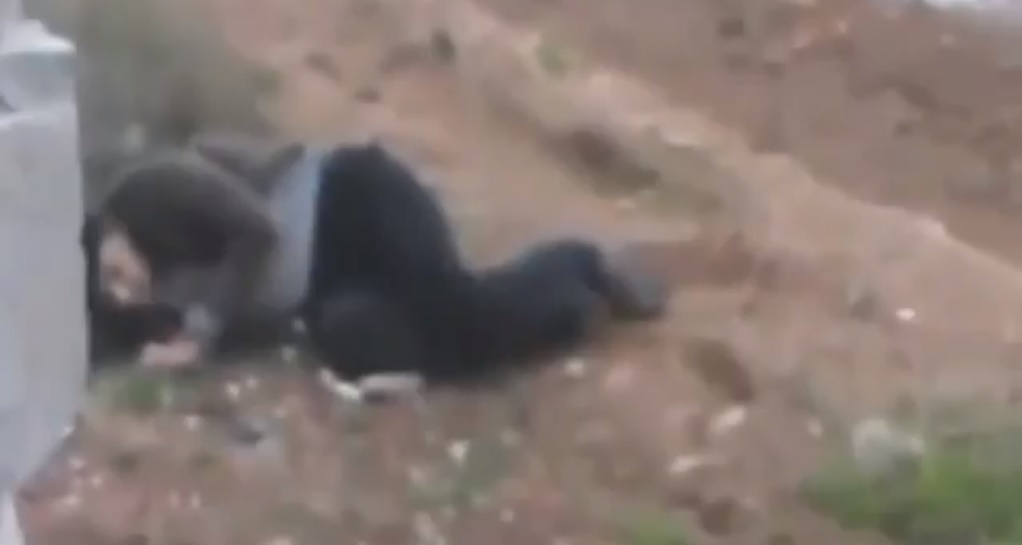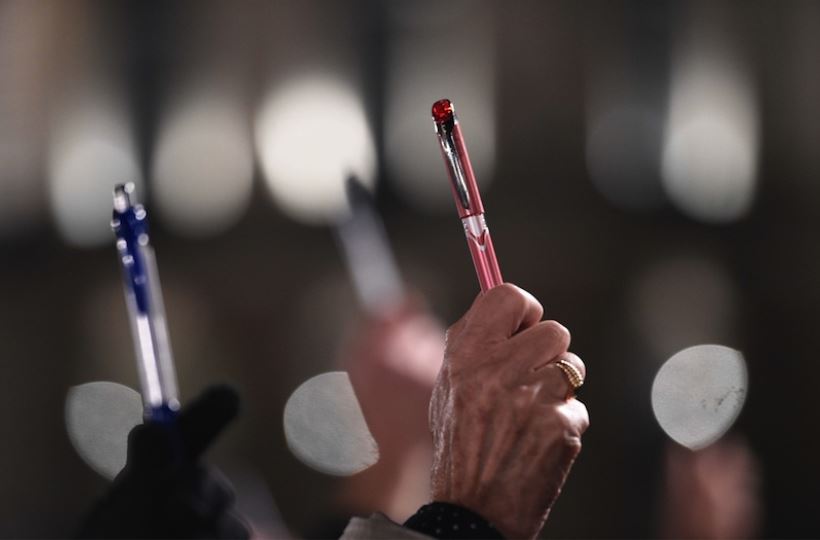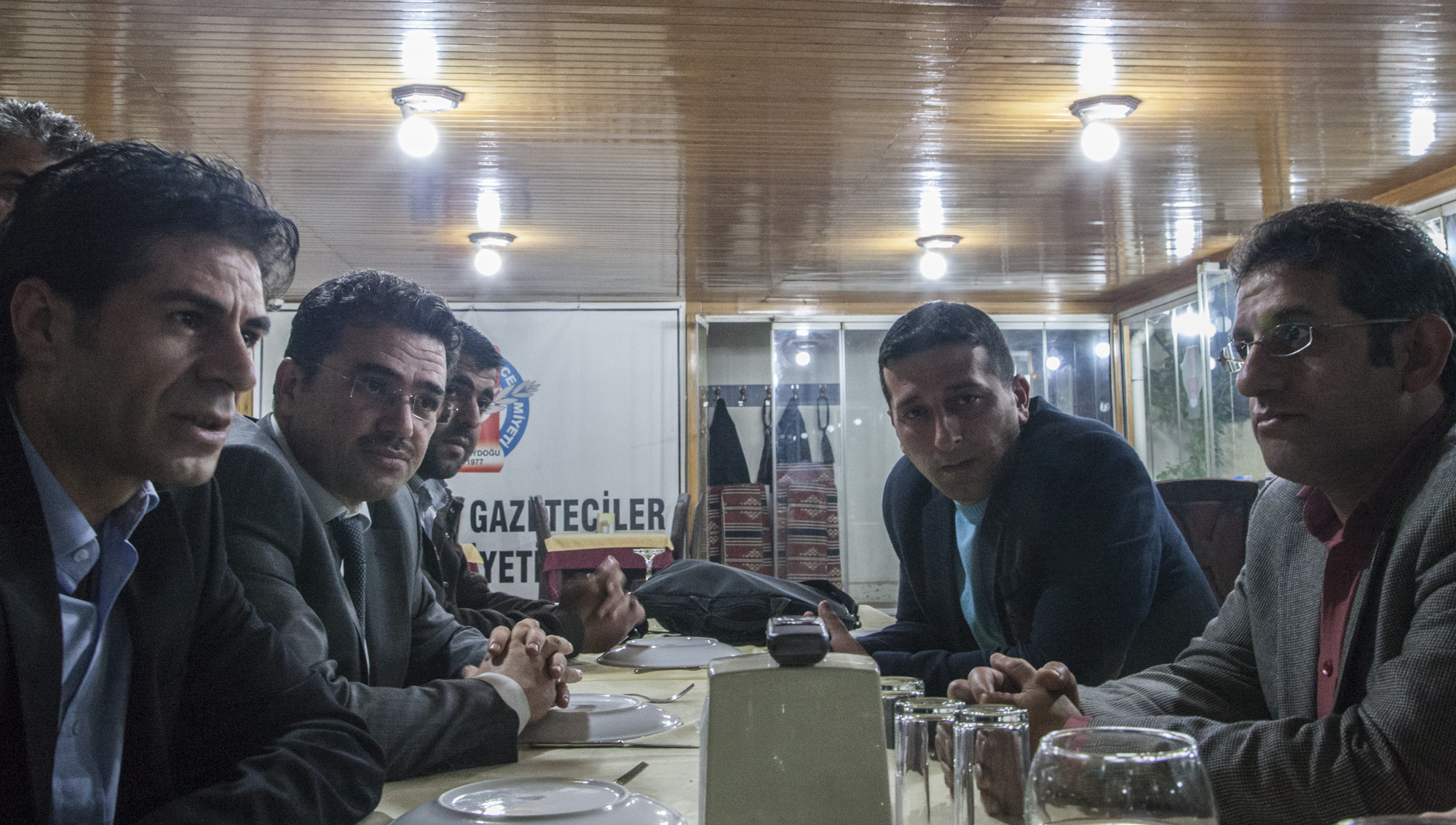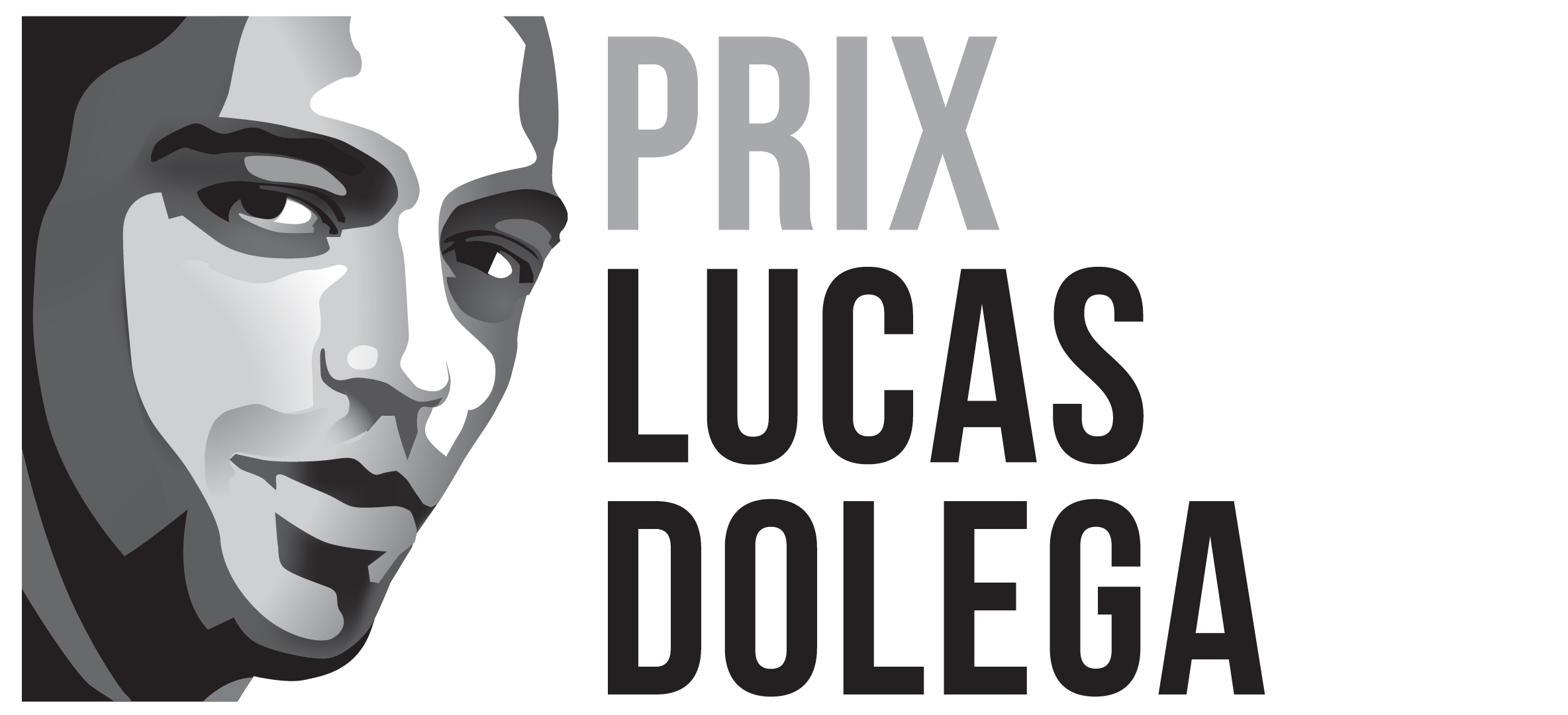‘Ben je gekidnapt in Syrië? Kan je dat even twitteren?’
He finally wrote to me. After more than a year of freelancing for him, during which I contracted typhoid fever and was shot in the knee, my editor watched the news, thought I was among the Italian journalists who’d been kidnapped, and sent me an email that said: “Should you get a connection, could you tweet your detention?” – Francesca Borri.
Het verhaal van Francesca Borri laat weer eens zien hoe schrijnend de situatie van freelance journalisten kan zijn in Syrië. Bij Columbia Journalism Review beschrijft de Italiaanse journaliste hoe harteloos en zonder besef van realiteit haar opdrachtgevers haar behandelen.
En hoe schaamteloos weinig zij (en collega’s) betaald krijgt voor haar risicovolle verslaggeving. Borri:
But whether you’re writing from Aleppo or Gaza or Rome, the editors see no difference. You are paid the same: $70 per piece. Even in places like Syria, where prices triple because of rampant speculation. So, for example, sleeping in this rebel base, under mortar fire, on a mattress on the ground, with yellow water that gave me typhoid, costs $50 per night; a car costs $250 per day. So you end up maximizing, rather than minimizing, the risks.
Not only can you not afford insurance—it’s almost $1,000 a month—but you cannot afford a fixer or a translator. You find yourself alone in the unknown. The editors are well aware that $70 a piece pushes you to save on everything. They know, too, that if you happen to be seriously wounded, there is a temptation to hope not to survive, because you cannot afford to be wounded. But they buy your article anyway, even if they would never buy the Nike soccer ball handmade by a Pakistani child.
Borri’s ervaringen sluiten aan bij die van de oprichters van het Frontline Freelance Register, de internationale belangenorganisatie die zich inzet voor de verbetering van de positie van journalisten in conflictgebieden.
Lees het hele gruwelijke verhaal van Borri bij CJR terug.





